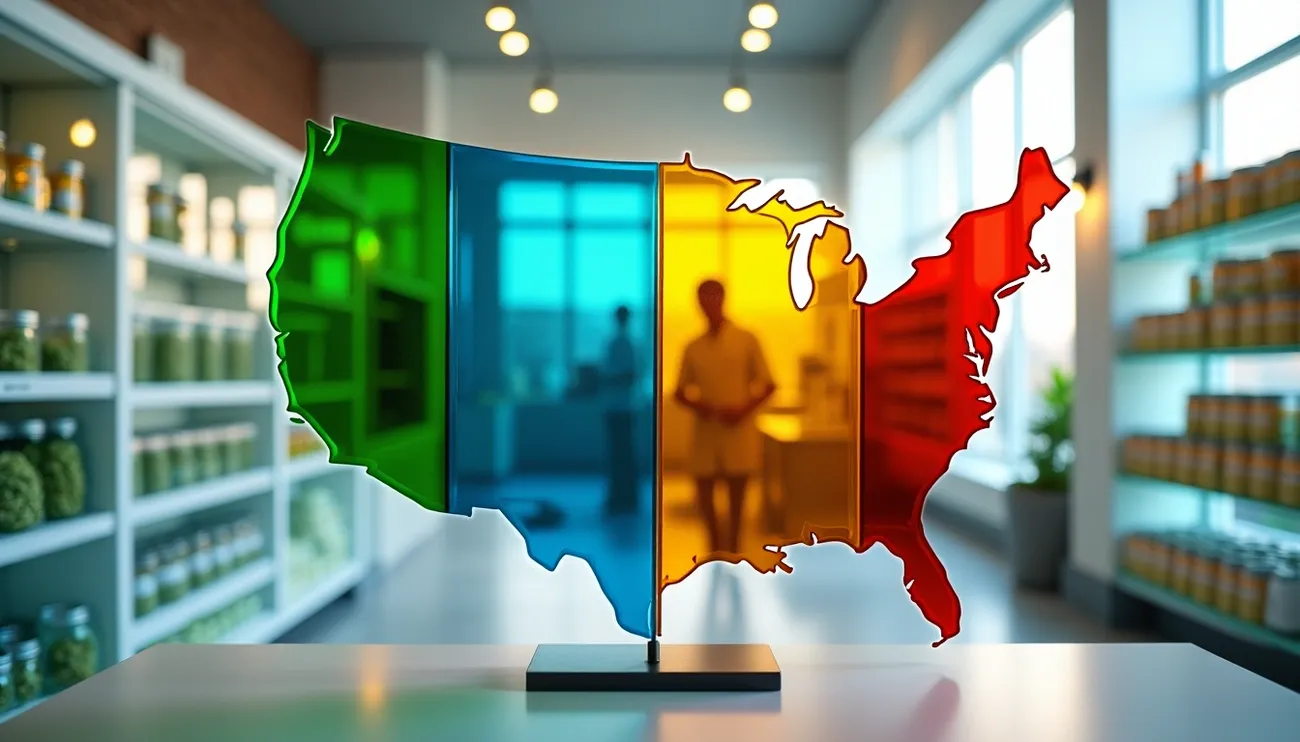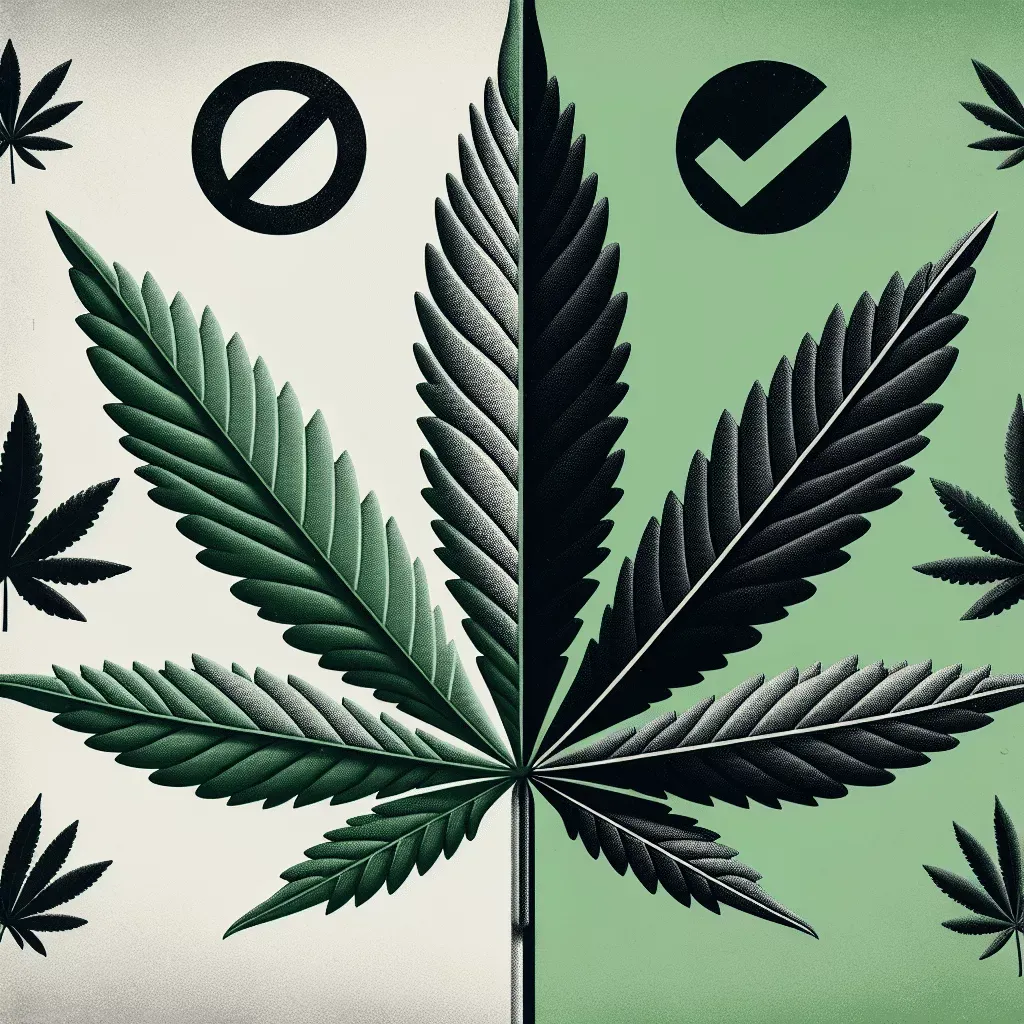Navigating Canada’s Evolving Cannabis Laws
When Canada became the first G7 nation to legalize recreational cannabis in October 2018, it marked a monumental shift in the approach to drug policy. This landmark legislation not only altered the landscape of cannabis use in Canada but also set a precedent for other countries to follow. As cannabis laws continue to evolve, it’s essential for Canadians and visitors alike to stay informed about their rights, responsibilities, and the ramifications of these laws. This guide will equip you with a comprehensive understanding of Canada’s cannabis laws, their significance, and practical tips for navigating this ever-changing environment.
Understanding Cannabis Laws in Canada
Cannabis laws in Canada are primarily governed by the Cannabis Act, which was enacted in 2018. This legislation not only legalized the sale and consumption of cannabis but also established a detailed regulatory framework guiding its production, distribution, and sale across the country.
Under the Cannabis Act, adults aged 18 or 19 years old—depending on the province or territory—can legally purchase, possess, and use cannabis. The law allows individuals to possess up to 30 grams of dried cannabis or its equivalent in public spaces, and it permits home cultivation of up to four plants per household, irrespective of the number of adults residing there.
However, it’s crucial to note that provincial and territorial governments hold the authority to impose additional regulations concerning cannabis consumption, retail, and cultivation. This means that while cannabis might be legal at the federal level, local laws can dictate different rules, which adds an extra layer of complexity to navigating cannabis laws in Canada.
The Benefits and Risks of Cannabis Legalization
Legalization has brought forth numerous benefits, but it’s vital to recognize the nuances involved.
One key benefit is the increase in tax revenue for governments. In 2021 alone, Canada generated over $3.5 billion in legal cannabis sales. This revenue has been funneled into public services such as healthcare and education, providing a significant boost to the national economy.
Moreover, legalization has contributed to the de-stigmatization of cannabis use, encouraging open conversations about its benefits, including pain relief and anxiety management. For many Canadians, legal access to cannabis means fewer health and legal risks compared to illicit substances. Legalization has also paved the way for regulated, quality-controlled products, reducing the chances of harmful adulterants often found in illegal cannabis.
However, the risks associated with cannabis usage also merit discussion. One significant concern is the potential for increased cannabis consumption among youth, despite age restrictions aimed at protecting minors. Research indicates that the prevalence of cannabis use among young Canadians has seen fluctuations since legalization, making continuous monitoring vital.
Another risk involves impaired driving. Reports by the Canadian Centre on Substance Abuse and Addiction suggest that cannabis can impair motor skills and judgment, raising the risk of accidents. Consequently, law enforcement agencies across Canada are enhancing their capabilities to identify impairment, including the use of roadside drug tests.
Practical Tips for Navigating Cannabis Laws
Navigating the terrain of cannabis laws in Canada may seem daunting, but with the right knowledge and tips, you can ensure a smooth experience. Here are some actionable insights to keep in mind:
-
Know Your Province or Territory Laws: While the Cannabis Act standardizes many regulations, local laws can vary significantly. Always familiarize yourself with your province or territory’s specific rules regarding purchase, possession, and consumption. For example, in Ontario, cannabis can only be purchased from the government-run Ontario Cannabis Store or authorized retailers, while British Columbia has a different approach, allowing sales through private and government outlets.
-
Consumption Etiquette: Understand that consuming cannabis in public spaces may not be welcomed everywhere, even though it is lawful. Respect local regulations on smoking in designated areas and private residences. If you’re in a shared living space, always check with roommates before using cannabis.
-
Traveling with Cannabis: While cannabis is legal in Canada, exchanging cannabis across international borders remains illegal—this includes traveling to the United States. If you plan to travel within Canada with cannabis, be aware of the possession limits in each province, and ensure that your product complies with local regulations.
-
Stay Informed: Industry trends and regulations continue to shift as authorities refine laws around cannabis. Subscribe to newsletters, follow reputable news sources, and attend community discussions related to cannabis legislation to keep yourself updated.
- Educate Yourself on Cannabis Products: With an influx of products including edibles, oils, and concentrates, it’s beneficial to understand what you’re consuming. Products can vary greatly in potency and effects, so start with low dosages if you’re trying new forms of cannabis, and consult with knowledgeable staff at licensed dispensaries.
Conclusion
As Canada continues to navigate the complexities of legalized cannabis, staying informed is paramount for residents and visitors alike. Understanding the legal framework, recognizing both the benefits and risks of cannabis use, and adhering to local laws are key factors in safely enjoying this new era of cannabis accessibility.
By implementing the practical tips outlined in this guide, you can confidently explore the evolving cannabis landscape in Canada while ensuring you remain within legal bounds. Whether you’re a seasoned user or new to the scene, engaging with the community and sharing your experiences can enhance understanding and promote responsible consumption. We invite you to explore further articles and insights on cannabis to enrich your knowledge and perhaps spark a conversation in the comments below about your thoughts on cannabis laws in Canada!
FAQ: Cannabis Laws in Canada
1. Is cannabis legal in Canada?
Yes, cannabis is legal for both recreational and medical use in Canada as of October 17, 2018.
2. What is the legal age for cannabis consumption in Canada?
The legal age for cannabis consumption varies by province and territory, generally ranging from 18 to 19 years old.
3. How much cannabis can I possess in Canada?
Adults are allowed to possess up to 30 grams of dried cannabis or its equivalent in public.
4. Can I grow cannabis at home?
Yes, adults are allowed to grow up to four cannabis plants per household for personal use, subject to provincial regulations.
5. Where can I legally consume cannabis in Canada?
Cannabis consumption is allowed in private residences and designated public areas, but rules vary by province regarding public consumption.
Share this content:



